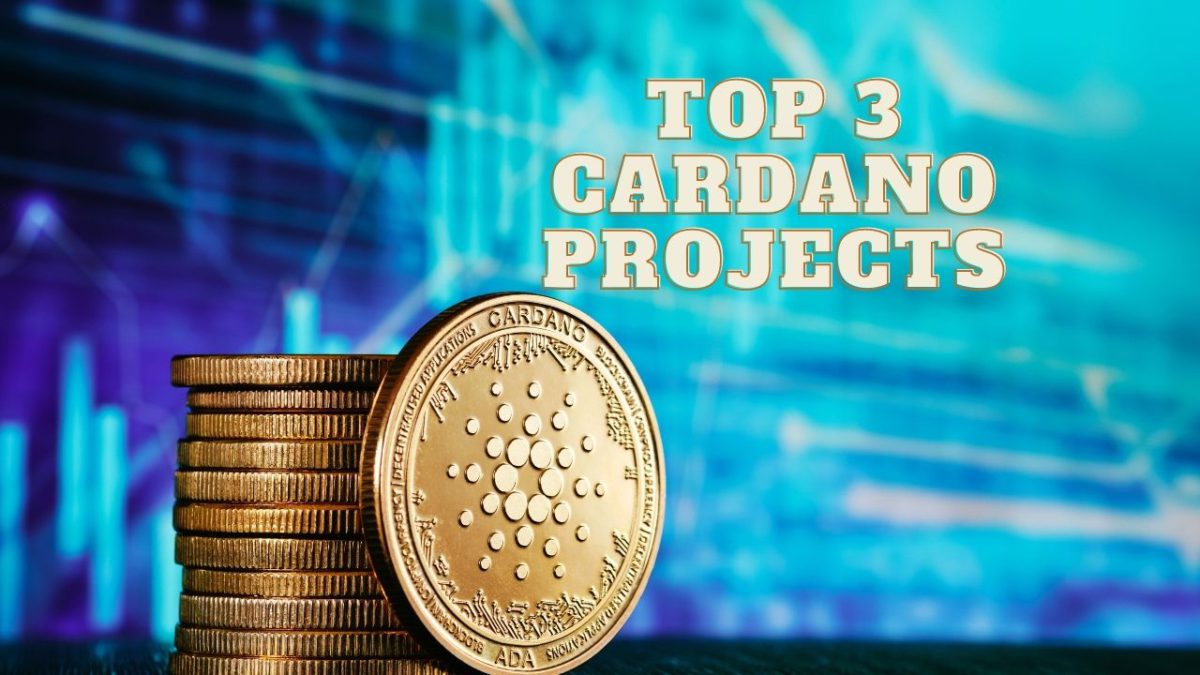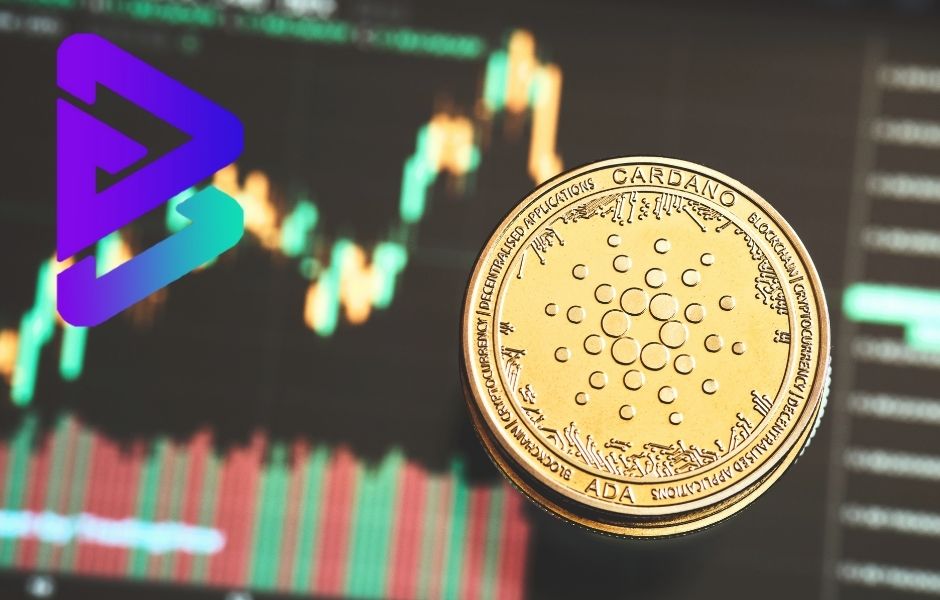Top 10 Popular Techniques For Defi Investment For All Young Investors
Decentralized finance, or DeFi, has gained significant attention in recent years as an alternative to traditional finance systems. DeFi encompasses a range of financial applications and services built on blockchain technology, offering decentralized access to various financial products such as lending, borrowing, trading, and yield farming. Investing in Decentralized finance can potentially offer attractive returns, but it also comes with its own set of risks. Here are some key points to consider when investing in Decentralized finance:
- Understanding the Risks: Decentralized finance investments are subject to various risks, including smart contract vulnerabilities, platform hacks, liquidity risks, and regulatory uncertainty. It’s essential to conduct thorough research and understand the risks associated with each DeFi project before investing.
- Diversification: As with any investment strategy, diversification is crucial in Decentralized finance investing. Spread your investments across multiple projects and asset classes to minimize risk and optimize potential returns. Diversification can help mitigate the impact of adverse events affecting individual projects.
- Due Diligence: Before investing in a Decentralized finance project, conduct due diligence to evaluate the project’s fundamentals, team expertise, technology, community support, and adoption potential. Look for projects with a strong track record, transparent governance mechanisms, and robust security measures.
- Risk Management: Establish a risk management strategy tailored to your investment objectives, risk tolerance, and time horizon. Set clear investment goals, allocate capital responsibly, and avoid investing more than you can afford to lose. Consider using stop-loss orders and position sizing techniques to manage risk effectively.
- Stay Informed: Stay informed about market trends, regulatory developments, and technological advancements in the DeFi space. Follow reputable sources of information, engage with the community, and monitor market sentiment to make informed investment decisions.
- Security Measures: Take proactive steps to secure your DeFi investments and protect your digital assets from unauthorized access or theft. Use hardware wallets, multi-signature wallets, and other security tools to safeguard your private keys and funds. Be vigilant against phishing scams, malware attacks, and other security threats targeting DeFi users.
- Long-Term Perspective: Adopt a long-term investment perspective when investing in DeFi. While DeFi projects can offer lucrative opportunities for short-term gains, focusing on the long-term fundamentals and potential of the technology can help you navigate market volatility and achieve sustainable returns over time.
Investing in DeFi can be rewarding but requires careful consideration of risks, thorough research, and prudent risk management. By understanding the dynamics of the DeFi ecosystem, staying informed, and exercising due diligence, investors can capitalize on the opportunities offered by decentralized finance while minimizing exposure to potential pitfalls.
Also, read- The Role Of Crypto Payment Gateways In Decentralized Finance (DeFi)
Importance of decentralized finance

Investing in decentralized finance (DeFi) can offer several important benefits and opportunities for investors. Here are some key points highlighting the importance of DeFi investment:
- Financial Inclusion: DeFi platforms provide financial services to anyone with an internet connection, without the need for traditional intermediaries like banks or financial institutions. This opens up access to financial products and services for individuals who are underserved or excluded from the traditional banking system, promoting financial inclusion on a global scale.
- Decentralization: DeFi operates on blockchain technology, which is decentralized and distributed across a network of nodes. This eliminates the need for centralized authorities or intermediaries, reducing counterparty risk and enhancing trust among participants. DeFi investments enable individuals to participate in a truly decentralized financial ecosystem, where transactions are transparent, censorship-resistant, and immutable.
- Transparency and Trustlessness: Blockchain technology provides transparency and immutability to DeFi transactions, allowing investors to verify the integrity of transactions and smart contracts in real-time. Trustlessness ensures that participants can engage in financial activities without relying on trust in a central authority, minimizing the risk of fraud, manipulation, or corruption.
- Innovation and Disruption: DeFi fosters innovation by enabling the development of novel financial products, services, and protocols that challenge traditional finance systems. This includes decentralized exchanges (DEXs), automated market makers (AMMs), lending protocols, yield farming platforms, and more. Investing in DeFi allows individuals to support and benefit from disruptive technologies that have the potential to reshape the future of finance.
- Earning Yield and Passive Income: DeFi offers various opportunities for investors to earn yield and passive income through activities such as lending, staking, liquidity provision, and yield farming. By participating in these activities, investors can earn interest, fees, or rewards on their digital assets, potentially generating higher returns compared to traditional savings accounts or investment vehicles.
- Global Accessibility and Liquidity: DeFi markets operate 24/7 and are accessible to anyone with an internet connection, enabling investors to trade digital assets globally at any time. Furthermore, DeFi protocols often provide high levels of liquidity, allowing investors to buy, sell, or trade assets with minimal slippage and transaction costs.
- Portfolio Diversification: Including DeFi investments in a diversified portfolio can help investors mitigate risk and enhance overall portfolio performance. DeFi assets may have low correlation with traditional financial markets, providing diversification benefits and potentially reducing overall portfolio volatility.
Investing in DeFi offers a range of important benefits, including financial inclusion, decentralization, transparency, innovation, earning yield, global accessibility, and portfolio diversification. While DeFi investments come with risks, they present unique opportunities for investors to participate in the evolution of finance and potentially generate attractive returns in the rapidly growing decentralized finance ecosystem.
Social media gains value thanks to its users. However, users don’t share in this wealth. 😒
— SiBorg 🎙️ | Genesis Campaign (@siborgapp) February 5, 2024
That’s why you hear more and more about social finance.
Social finance is the blend of social media and decentralized finance—an universe that benefits from both worlds where social…
Top 10 popular techniques for defi investment

DeFi (Decentralized Finance) offers a variety of investment opportunities, each with its own set of risks and potential rewards. Here are ten popular techniques for DeFi investment:
- Lending and Borrowing: Decentralized finance lending platforms allow users to lend their digital assets in exchange for interest or borrow assets by providing collateral. Investors can earn passive income by lending out their assets or leverage their holdings by borrowing against them.
- Yield Farming: Yield farming involves providing liquidity to decentralized exchanges (DEXs) or liquidity pools in exchange for rewards in the form of additional tokens or fees. Investors can maximize their returns by strategically allocating their assets to different liquidity pools.
- Staking: Staking involves locking up digital assets in a smart contract to support the operations of a blockchain network and earn rewards in return. Investors can stake their tokens to secure the network, participate in governance, and receive staking rewards.
- Liquidity Provision: Providing liquidity to decentralized exchanges (DEXs) or automated market makers (AMMs) allows investors to earn fees generated from trading activities. By contributing assets to liquidity pools, investors help facilitate trades and earn a share of the trading fees.
- Arbitrage Trading: Arbitrage trading involves exploiting price differences between different markets or exchanges to profit from temporary inefficiencies. platforms often experience price discrepancies, providing opportunities for arbitrageurs to capitalize on price differentials.
- Token Investments: Investing in Decentralized finance tokens allows investors to gain exposure to specific projects, protocols, or platforms within the decentralized finance ecosystem. Investors can research and analyze different tokens to identify promising projects with strong fundamentals and growth potential.
- Participation in Initial DeFi Offerings (IDOs): Similar to Initial Coin Offerings (ICOs) in the cryptocurrency space, Initial Decentralized finance Offerings (IDOs) allow investors to participate in the early stages of Decentralized finance projects by purchasing tokens before they are listed on exchanges. Investors can evaluate IDO projects based on factors such as team, technology, use case, and community support.
- Governance Token Voting: Holding governance tokens of Decentralized finance protocols enables investors to participate in the governance and decision-making processes of the platform. By voting on proposals and governance initiatives, investors can influence the direction and development of the project.
- Options and Derivatives Trading: Decentralized finance platforms offer options and derivatives trading, allowing investors to hedge their positions, speculate on price movements, and manage risk exposure. Options contracts and derivative products provide flexibility and advanced trading strategies for Decentralized finance investors.
- Decentralized Asset Management: Decentralized finance platforms offer decentralized asset management solutions that allow investors to automate trading strategies, rebalance portfolios, and optimize asset allocation. Automated asset management protocols use smart contracts to execute predefined strategies and manage investment portfolios without the need for intermediaries.
These are just a few of the popular techniques for Decentralized finance investment, and each comes with its own set of opportunities and risks. Investors should conduct thorough research, assess their risk tolerance, and diversify their investments to maximize returns and mitigate potential losses in the decentralized finance space.
Conclusion
In conclusion, Decentralized Finance presents a wide array of investment opportunities for individuals seeking to participate in the burgeoning world of decentralized finance. From lending and borrowing to yield farming, staking, and liquidity provision, investors have numerous options to earn passive income, maximize returns, and diversify their portfolios in the DeFi ecosystem.
The importance of Decentralized finance investment lies in its potential to democratize access to financial services, promote financial inclusion, and foster innovation in the global financial system. By leveraging blockchain technology and smart contracts, DeFi platforms offer transparency, security, and decentralization, enabling users to transact, invest, and earn yield without relying on traditional intermediaries.
Furthermore, Decentralized finance investment techniques such as token investments, participation in Initial DeFi Offerings (IDOs), governance token voting, and decentralized asset management empower investors to actively engage with and shape the future of decentralized finance. These investment opportunities not only offer potential for financial gains but also enable investors to contribute to the growth and development of Decentralized finance protocols and projects.
However, it’s essential to acknowledge that DeFi investment comes with its own set of risks, including smart contract vulnerabilities, platform hacks, regulatory uncertainty, and market volatility. Therefore, investors should exercise caution, conduct thorough due diligence, and assess their risk tolerance before participating in DeFi investment activities.
In summary, DeFi investment represents a transformative shift towards a more open, inclusive, and innovative financial system. By embracing DeFi investment opportunities responsibly and staying informed about market developments and best practices, investors can navigate the complexities of the decentralized finance landscape and potentially reap the rewards of this groundbreaking paradigm shift in finance.
Stay informed with daily updates from Blockchain Magazine on Google News. Click here to follow us and mark as favorite: [Blockchain Magazine on Google News].
Get Blockchain Insights In Inbox
Stay ahead of the curve with expert analysis and market updates.
latest from tech
Disclaimer: Any post shared by a third-party agency are sponsored and Blockchain Magazine has no views on any such posts. The views and opinions expressed in this post are those of the clients and do not necessarily reflect the official policy or position of Blockchain Magazine. The information provided in this post is for informational purposes only and should not be considered as financial, investment, or professional advice. Blockchain Magazine does not endorse or promote any specific products, services, or companies mentioned in this posts. Readers are encouraged to conduct their own research and consult with a qualified professional before making any financial decisions.

 Bitcoin
Bitcoin  Ethereum
Ethereum  Tether
Tether  XRP
XRP  Solana
Solana  Dogecoin
Dogecoin  USDC
USDC  Lido Staked Ether
Lido Staked Ether  Cardano
Cardano  TRON
TRON  Avalanche
Avalanche  Chainlink
Chainlink  Toncoin
Toncoin  Wrapped stETH
Wrapped stETH  Shiba Inu
Shiba Inu  Wrapped Bitcoin
Wrapped Bitcoin  Sui
Sui  Stellar
Stellar  Polkadot
Polkadot  Hedera
Hedera  WETH
WETH  Hyperliquid
Hyperliquid  Bitcoin Cash
Bitcoin Cash  LEO Token
LEO Token  Uniswap
Uniswap  Litecoin
Litecoin  Pepe
Pepe  Wrapped eETH
Wrapped eETH  NEAR Protocol
NEAR Protocol  Ethena USDe
Ethena USDe  USDS
USDS  Aptos
Aptos  Aave
Aave  Internet Computer
Internet Computer  Cronos
Cronos  POL (ex-MATIC)
POL (ex-MATIC)  Mantle
Mantle  Ethereum Classic
Ethereum Classic  Render
Render  WhiteBIT Coin
WhiteBIT Coin  Monero
Monero  MANTRA
MANTRA  Dai
Dai  Bittensor
Bittensor  Artificial Superintelligence Alliance
Artificial Superintelligence Alliance  Arbitrum
Arbitrum  Ethena
Ethena 



